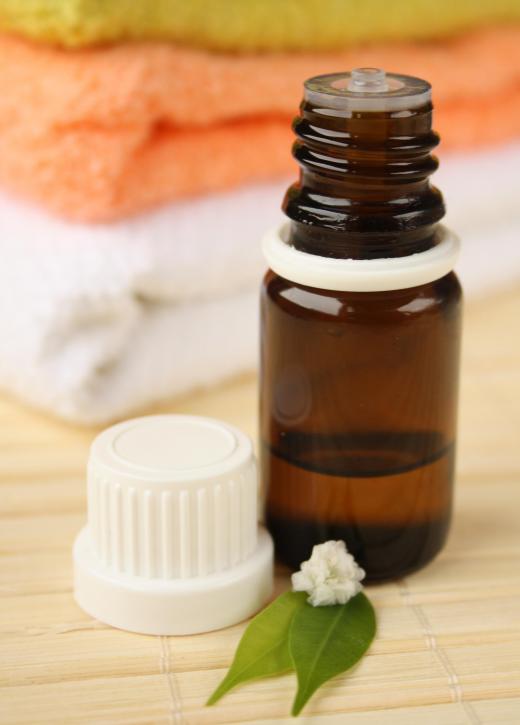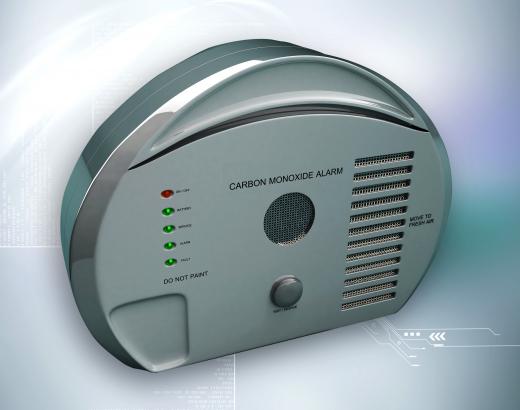An oil burner is a device which burns oil to generate heat. Such devices are available at locations such as home supply stores, and some people also build their own. Oil burners take many different types of fuel, including waste oil, fuel oil, and various heating oils. Many companies which sell such oils can also install and service oil burners for their customers.
A typical oil burner works by pushing oil through a fine nozzle which creates a spray. The spray of oil is ignited with a spark, releasing heat and warmth. A fan attached to the oil burner forces the heat out into the surrounding area Oil burner nozzles tend to clog over time, because the oil is thick and can contain impurities, and it is important to make sure that the nozzle is regularly cleaned and periodically replaced to avoid creating a hazardous situation.

Hazards with an oil burner include the byproducts of combustion, which can make people feel sick. Oil burners need to be used in well ventilated areas, and they need to be kept operating at high efficiency to minimize the production of odors and other byproducts. It is also important to use only the appropriate type of fuel with an oil burner, as not all burners can accept all fuels, and the wrong fuel could clog the nozzle and cause other problems.

Oil burners can also create fire hazards if they leak or the spark fails to ignite, allowing oil to accumulate instead of burning away. Many have automatic shutoffs which are designed to kick in if there is a problem which could make operating the device dangerous. Alarms may also be mounted to alert people to problems such as leaks, a problem with the spark, and so forth. It is also advisable to have a carbon monoxide detector present to alert people if the fumes from the oil burner become hazardous.
A related device, an essential oil burner, usually does not actually burn the oil. Instead, the oil is placed in a dish which is heated to force the oil to release essential oils, creating a strong fragrance. In this case the heat is kept relatively low to reduce the risk of igniting the oil, and ignition is actually undesirable because the device is usually not designed to handle burning oil. If an essential oil burner does catch fire, it should be extinguished with baking soda, a fire extinguisher, or sand.
Ever since she began contributing to the site several years ago, Mary has embraced the exciting challenge of being a About Mechanics researcher and writer. Mary has a liberal arts degree from Goddard College and spends her free time reading, cooking, and exploring the great outdoors.

